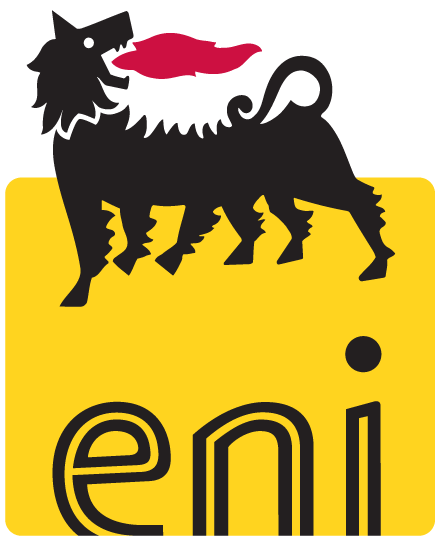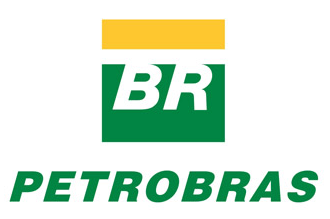 Our results are used to predict pressure and stress, design stable and safe drilling programs, and predict hydrocarbon migration and entrapment. We study the state and evolution of pressure, stress, deformation and fluid flow through experiments, models, and field study:
Our results are used to predict pressure and stress, design stable and safe drilling programs, and predict hydrocarbon migration and entrapment. We study the state and evolution of pressure, stress, deformation and fluid flow through experiments, models, and field study:
- Experimental: We analyze fabric, acoustic, electrical, and material properties of mudrocks : 0.1-100 MPa.
- Poromechanical Modeling: We develop and apply coupled models to link realistic rheologies, deformation, stress (shear and normal), and pore pressure.
- Field Study: We analyze pore pressure, stress, and deformation in both conventional and unconventional basins.
We produce innovative concepts and analysis workflows that couple geology and geomechanics to predict and interpret pore pressure and stress in the subsurface. We have
- developed online software that predicts reservoir pressure,
- released databases and material models that describe mudrock material behavior, and
- developed workflows to predict stress in salt systems and thrust belts.
Our new research aims to develop a unified approach that incorporates stress dependency, creep, mineralogical transformation, and loading path to illuminate the state and evolution of pressure and stress in basins. We are applying this approach to develop two and three-dimensional whole earth models that improve well design, real-time drilling, borehole stability, reservoir simulation and seismic imaging.
Click here for more details about the Consortium, or contact the Consortium Co-Directors, Dr. Peter Flemings and Dr. Jack Germaine.
Thank you for making the 2025 UT GeoFluids Annual Meeting a success! It was an invigorating and educational three days for us and we were happy to see so many take part. Recorded talks are available to members at the UT GeoFluids members website. Browse photos from the event on our Flickr Album.
Learn more about the meeting at UT GeoFluids Annual Meetings.
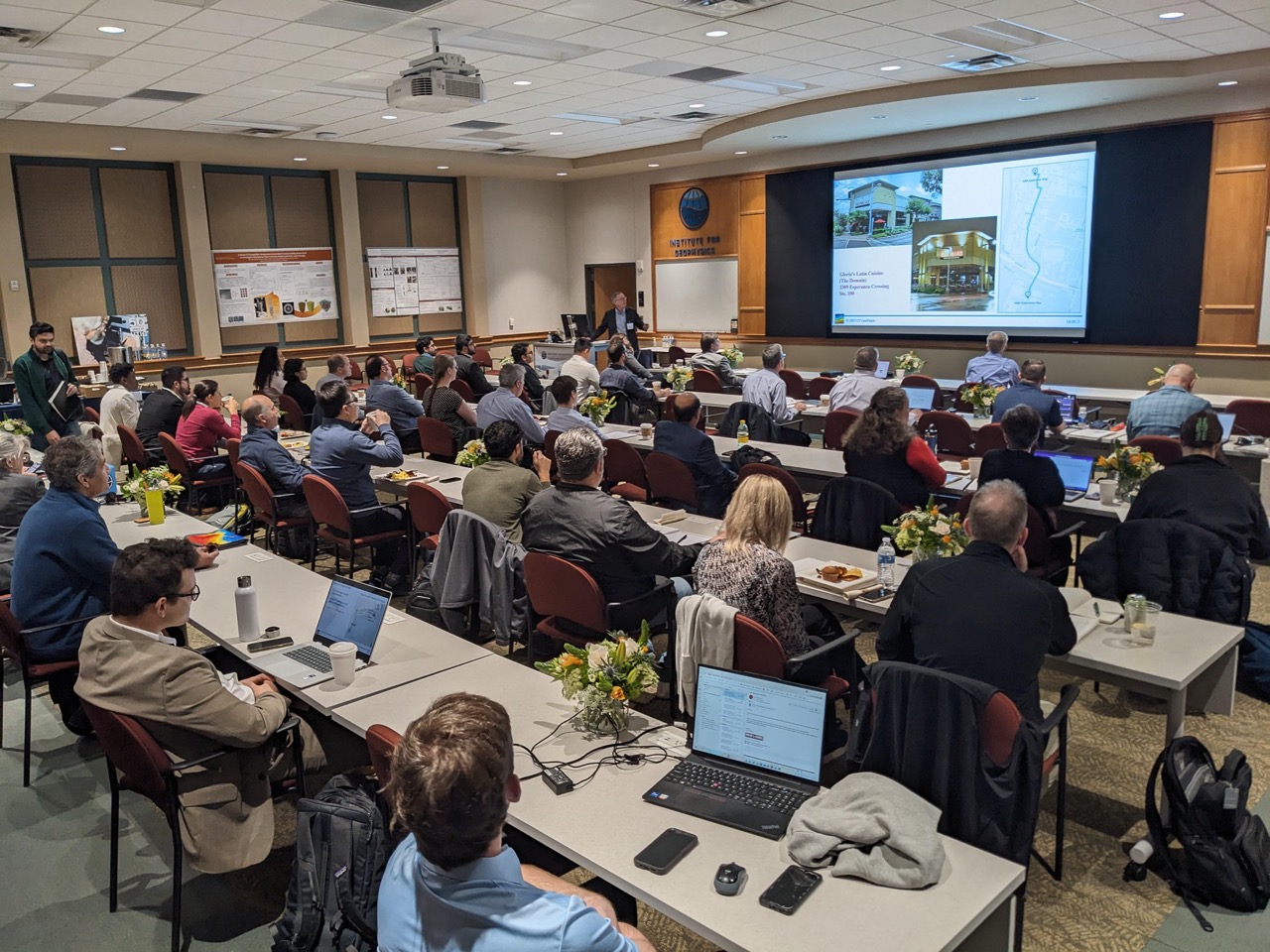
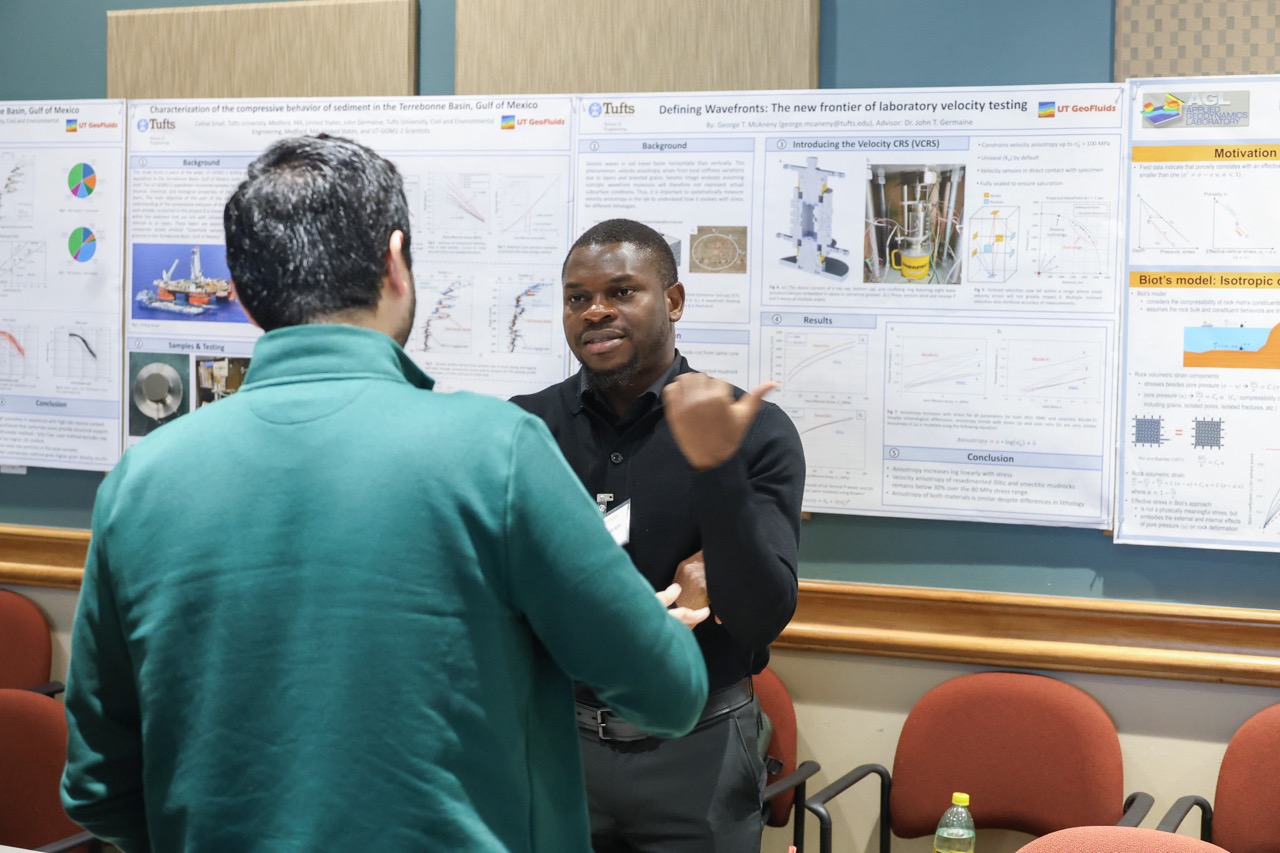
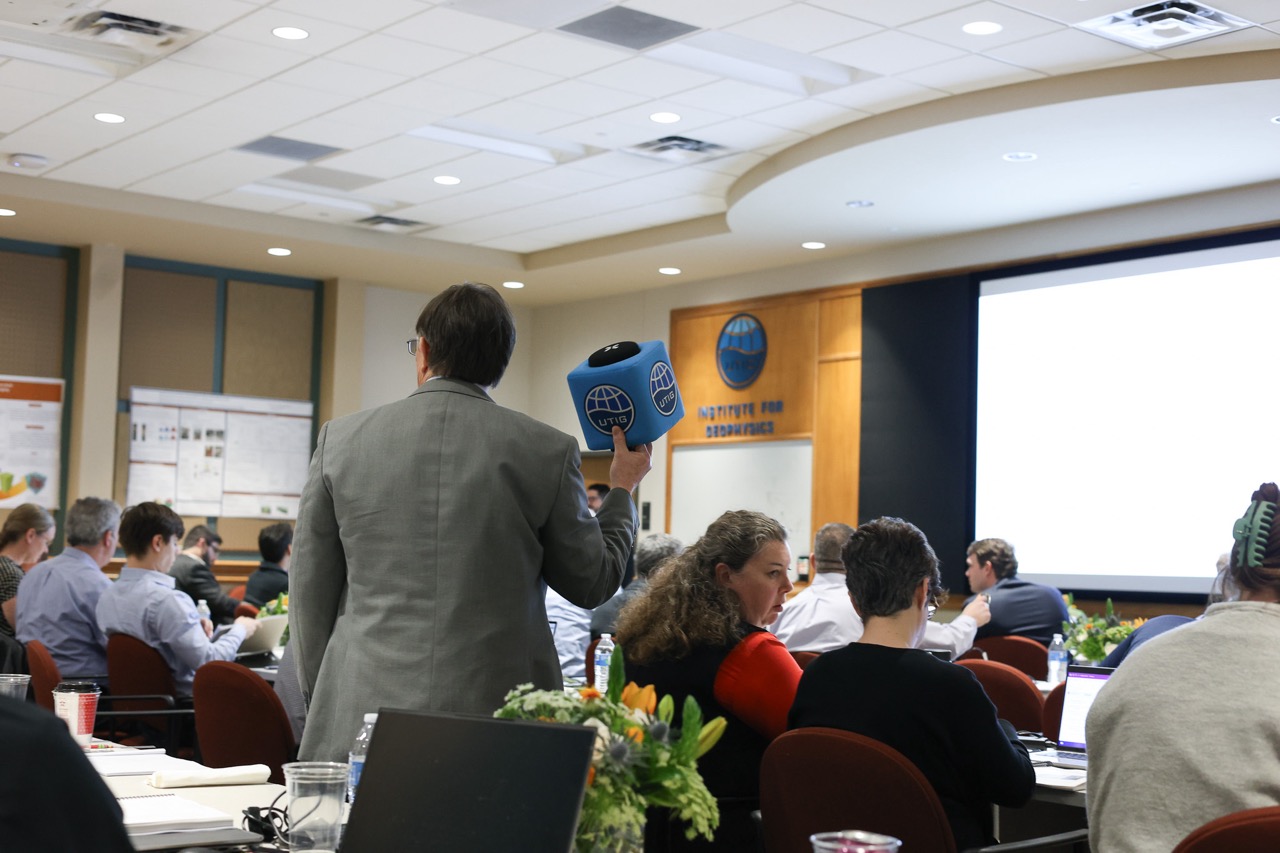

UT GEOFLUIDS 2025 ANNUAL MEETING
Our 16th Annual Meeting took place March 5, 2025 – March 7, 2025 in Austin, Texas. The meeting featured a reception and poster session, industry talks, hands-on workshop, and a group dinner. Learn more about the meeting at UT GeoFluids Annual Meetings.
New Grad Students join UT GeoFluids. October 2024. Please welcome our new grad students John Neary and Nickolas Ambeliotis. John is at UT working on natural fractures and sand injectites and Nickolas Ambeliotis is at Tufts working on testing glaccunite.
Peter Flemings is the 2024 recipient of the AAPG Robert R. Berg Outstanding Research Award. The award recognizes decades of contribution to petroleum geoscience through UT GeoFluids, including foundational work on gas hydrate systems and subsurface overpressure.
View all UT GeoFluids publications on the publications page
Members can access copies of publications at the Member Area Publication Site
If you don't know your password please contact Peter Flemings.
Flemings, P.B., Cardona, A., Bhandari, A.R., You, K., 2025. The Geomechanical Behavior of Hydrate Reservoirs: Implications for Drilling and Production. Paper presented at the Offshore Technology Conference, Houston, Texas, May 2025. https://doi.org/10.4043/35944-MS
Ramiro-Ramirez, S., Bhandari, A. R., Reed, R. R., Flemings, P.B., 2024. Permeability of upper Wolfcamp lithofacies in the Delaware Basin: The role of stratigraphic heterogeneity in the production of unconventional reservoirs. AAPG Bulletin. Volume 108 (2), 293-326. https://doi.org/10.1306/12202222033
Nikolinakou, M. A., Flemings, P. B., Heidari, M., Wang, X., and M. Johri, 2024, “Pressure and Stress Prediction Using Seismic Velocities, 3D Geomechanical Models and the Full Stress Tensor: Mad Dog Field, Deepwater GoM." Paper presented at the 58th U.S. Rock Mechanics/Geomechanics Symposium, Golden, Colorado, US. https://doi.org/10.56952/ARMA-2024-0694
Bhandari, A.R., Cardona, A., Flemings, P.B., Germaine, J.T., 2024, The geomechanical response of the Gulf of Mexico Green Canyon 955 reservoir to gas hydrate dissociation: A model based on sediment properties with and without gas hydrate. Marine and Petroleum Geology. https://doi.org/10.1016/j.marpetgeo.2024.107000
UT GeoFluids produces innovative concepts and analysis workflows that couple geologic loading and fluid flow to predict pore pressure and stress in the subsurface. These include:
- UT Centroid: online software to predict reservoir pressure as a function of reservoir geometry and mudstone permeability.
- Seismic Pressure Prediction Integrated with Geomechanical Modeling: a highly innovative workflow integrating seismic velocity data with geomechanical modeling to predict pressure and the full stress tensor.
- UT-FAST-P3: An online, educational tool allowing users to predict and compare pore pressure using the full stress tensor while demonstrating why it is important to go beyond vertical effective stress (VES) models.










